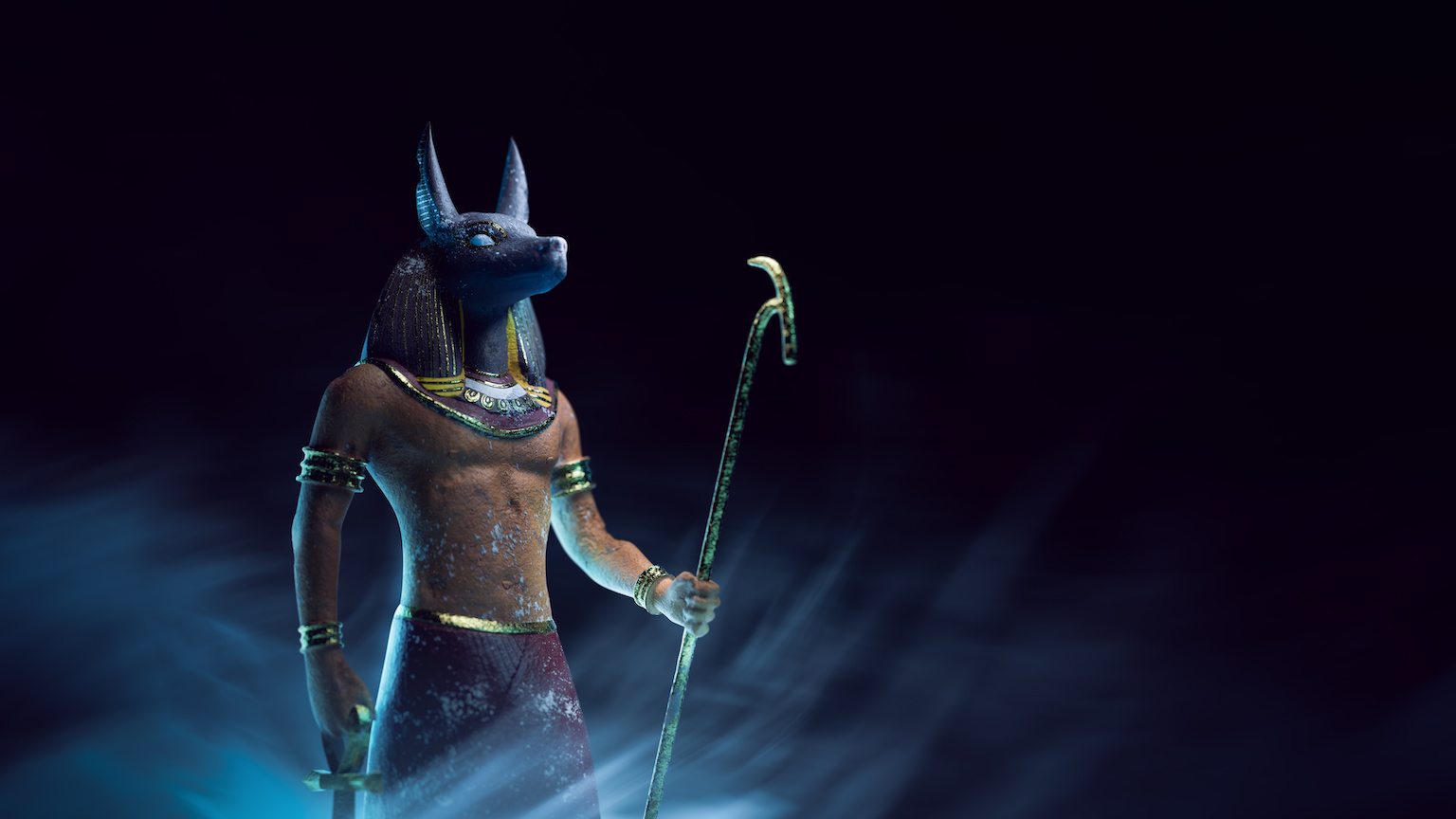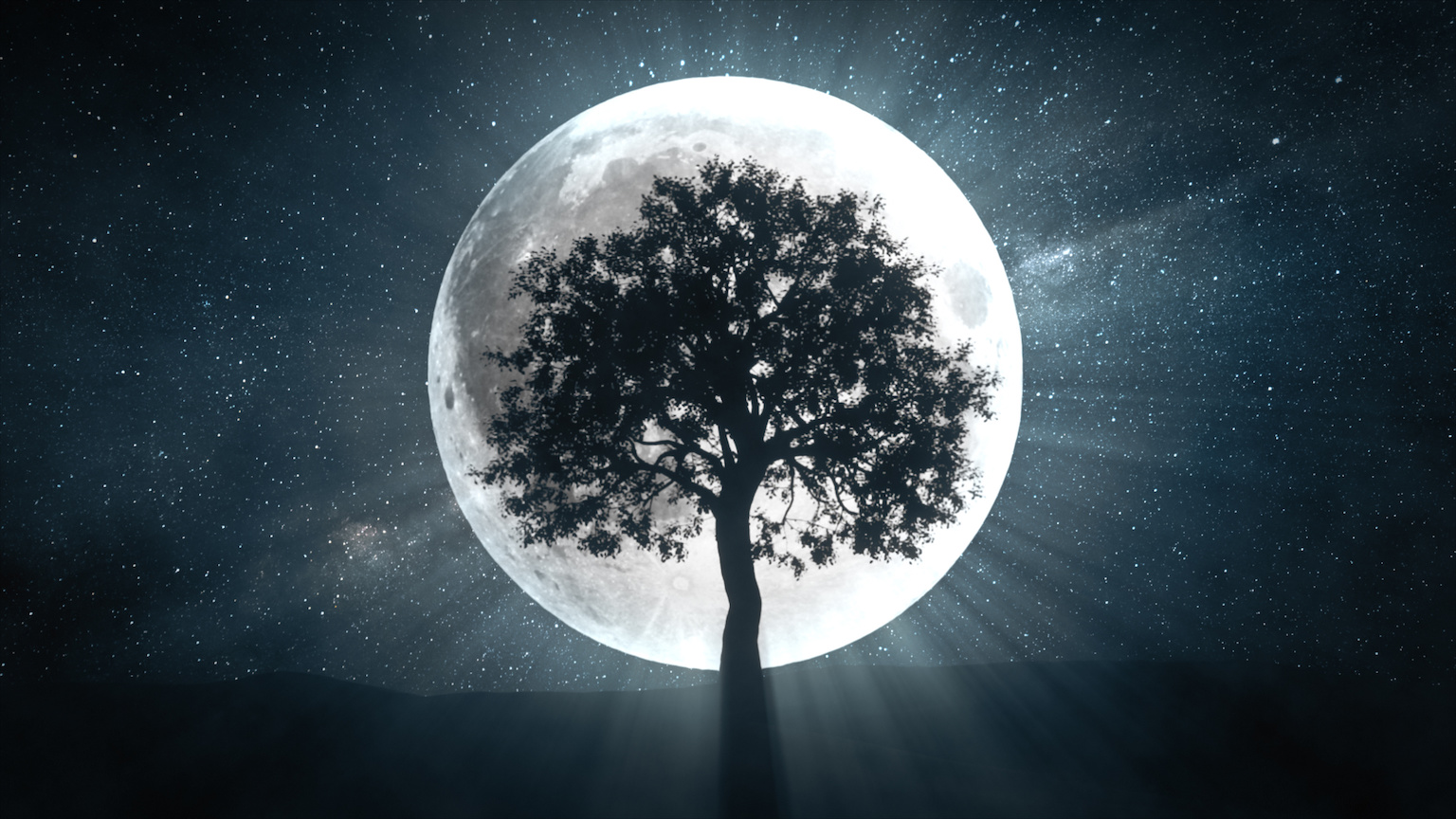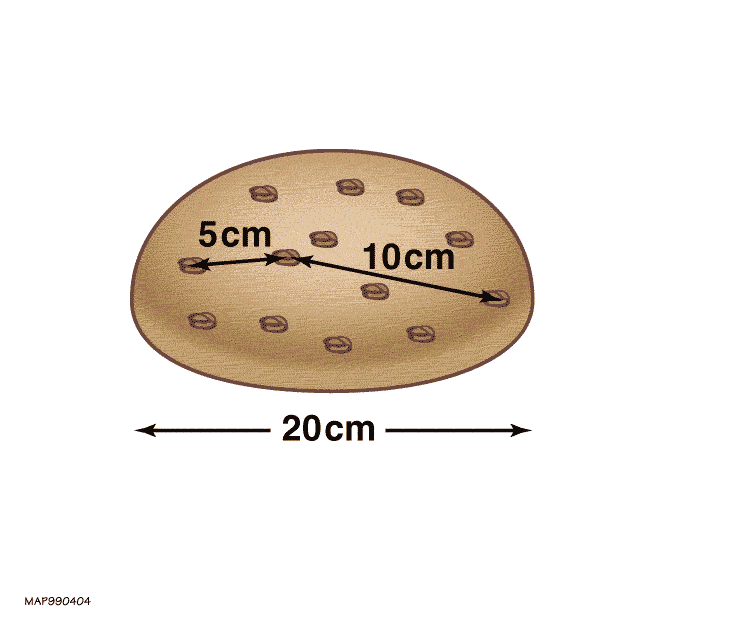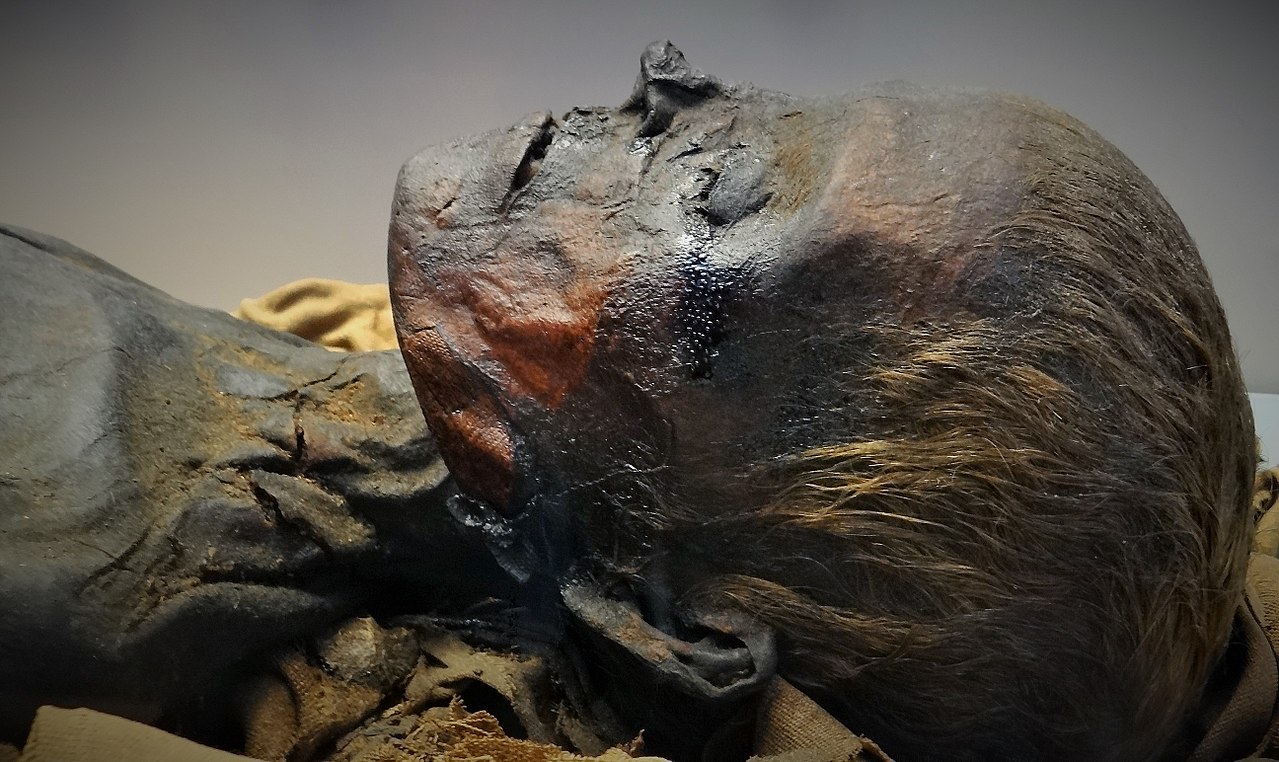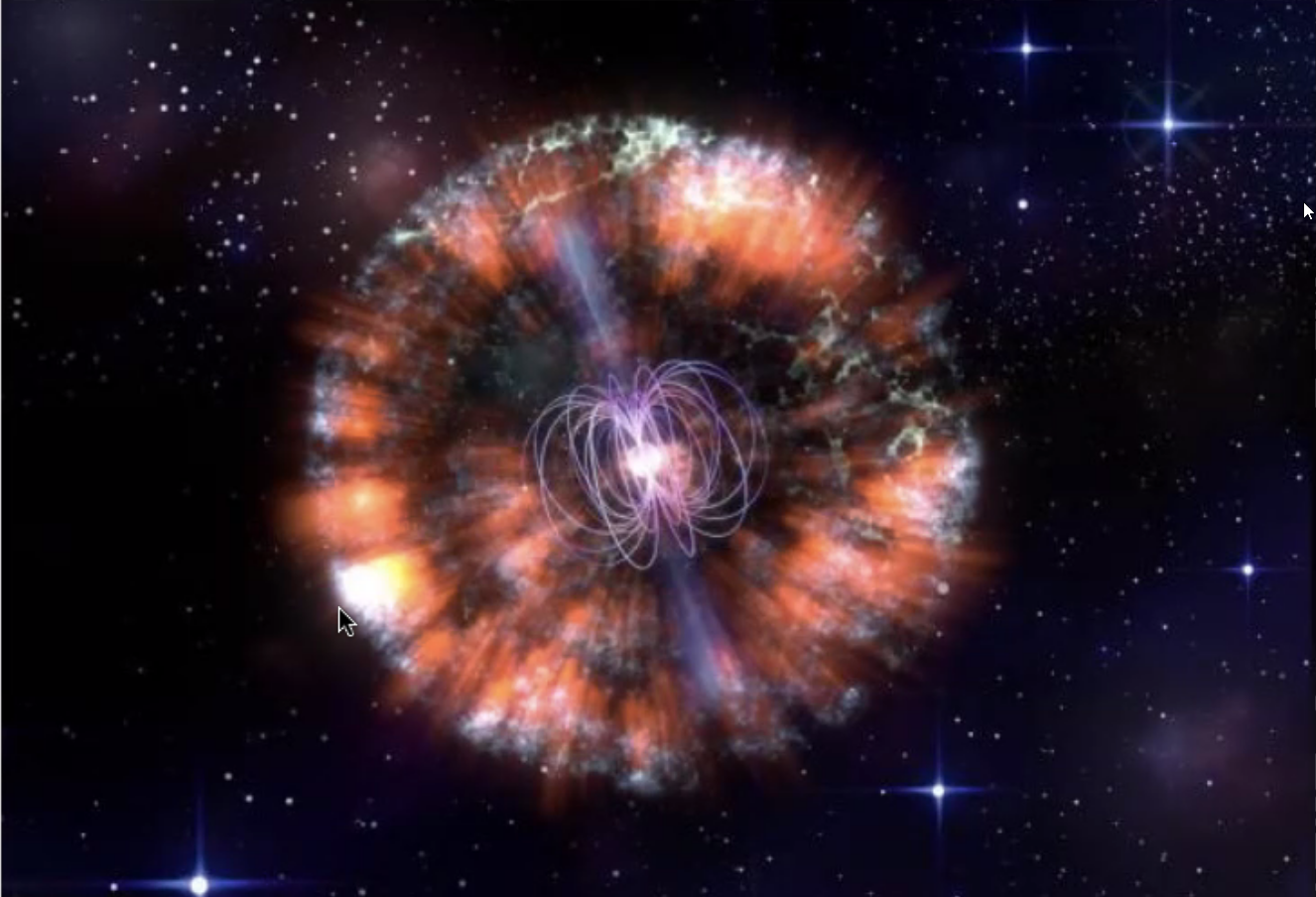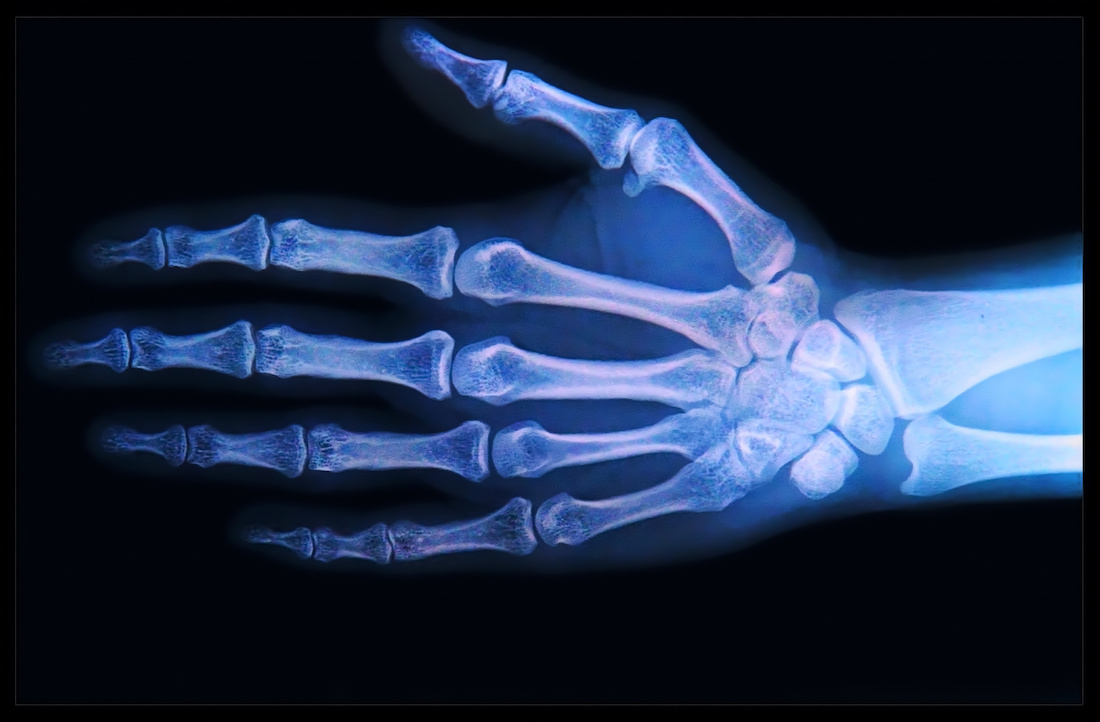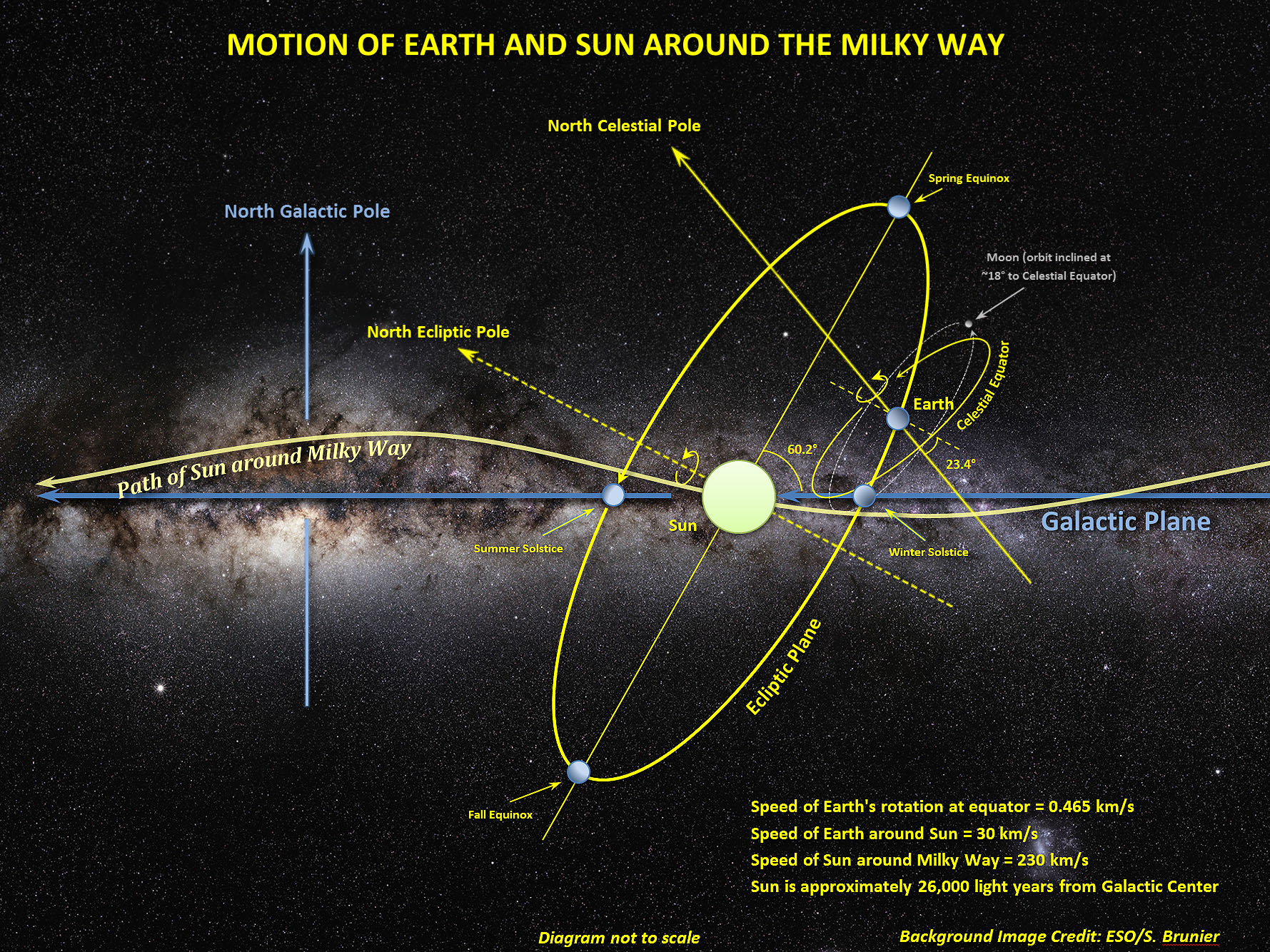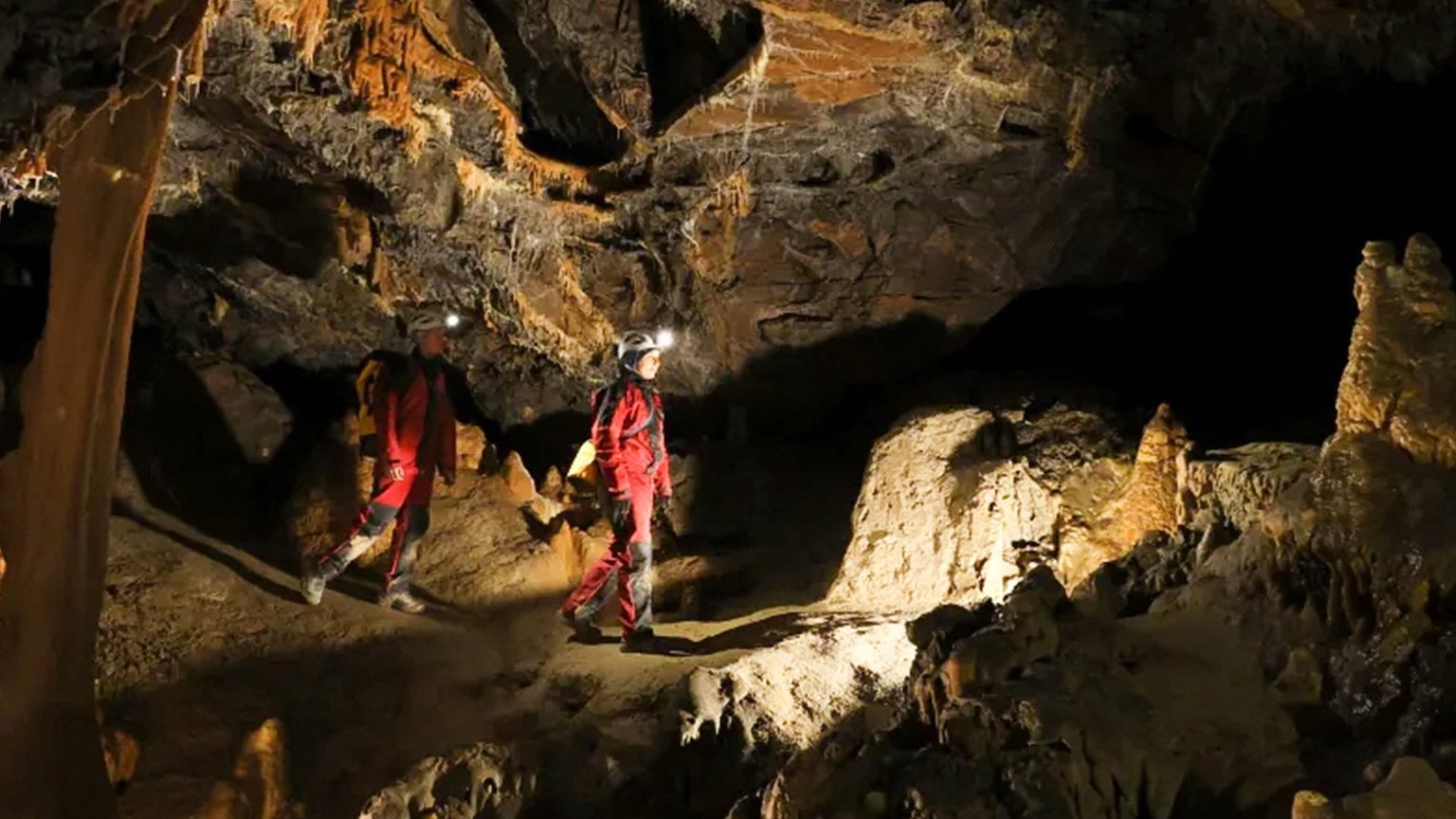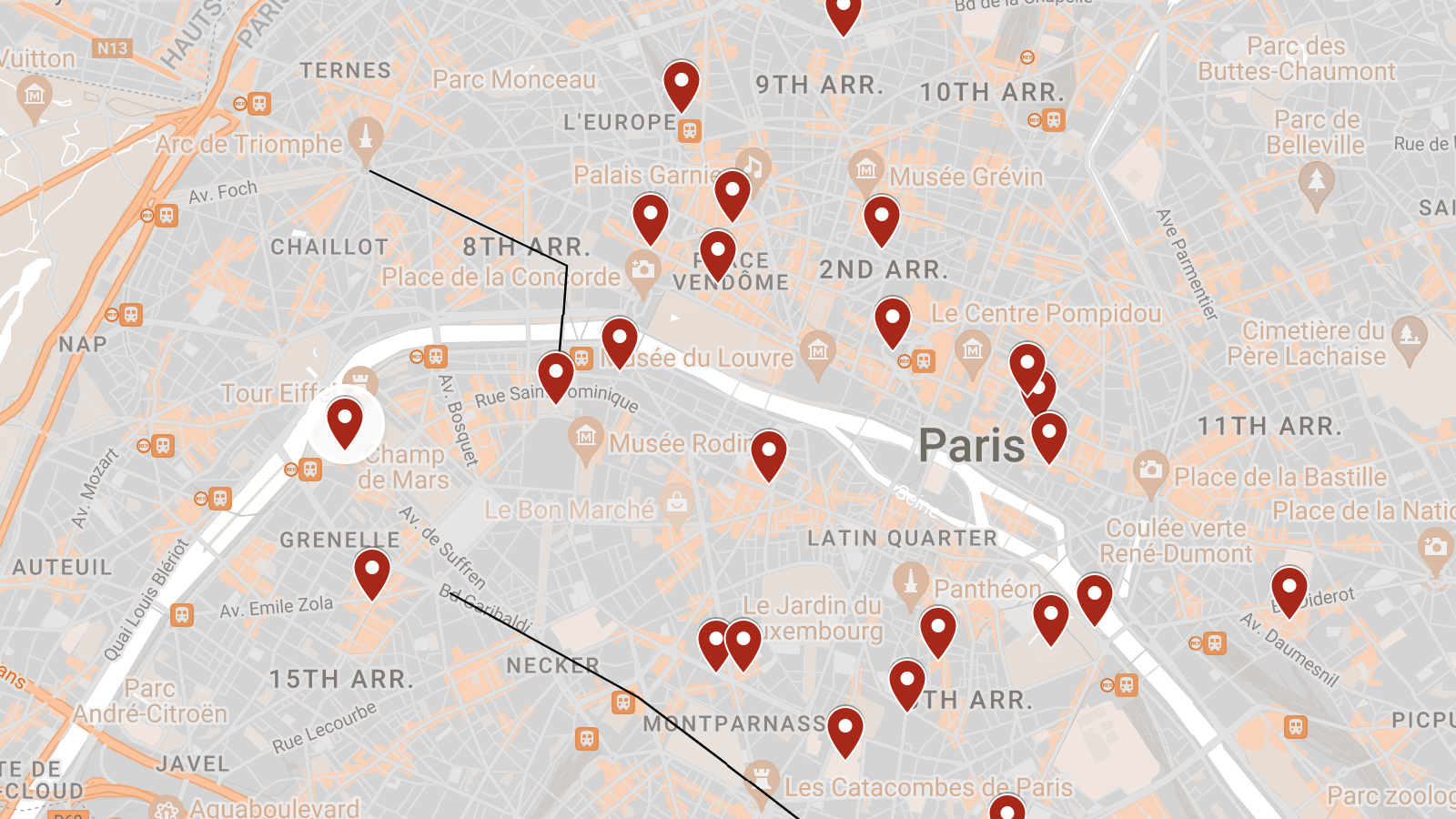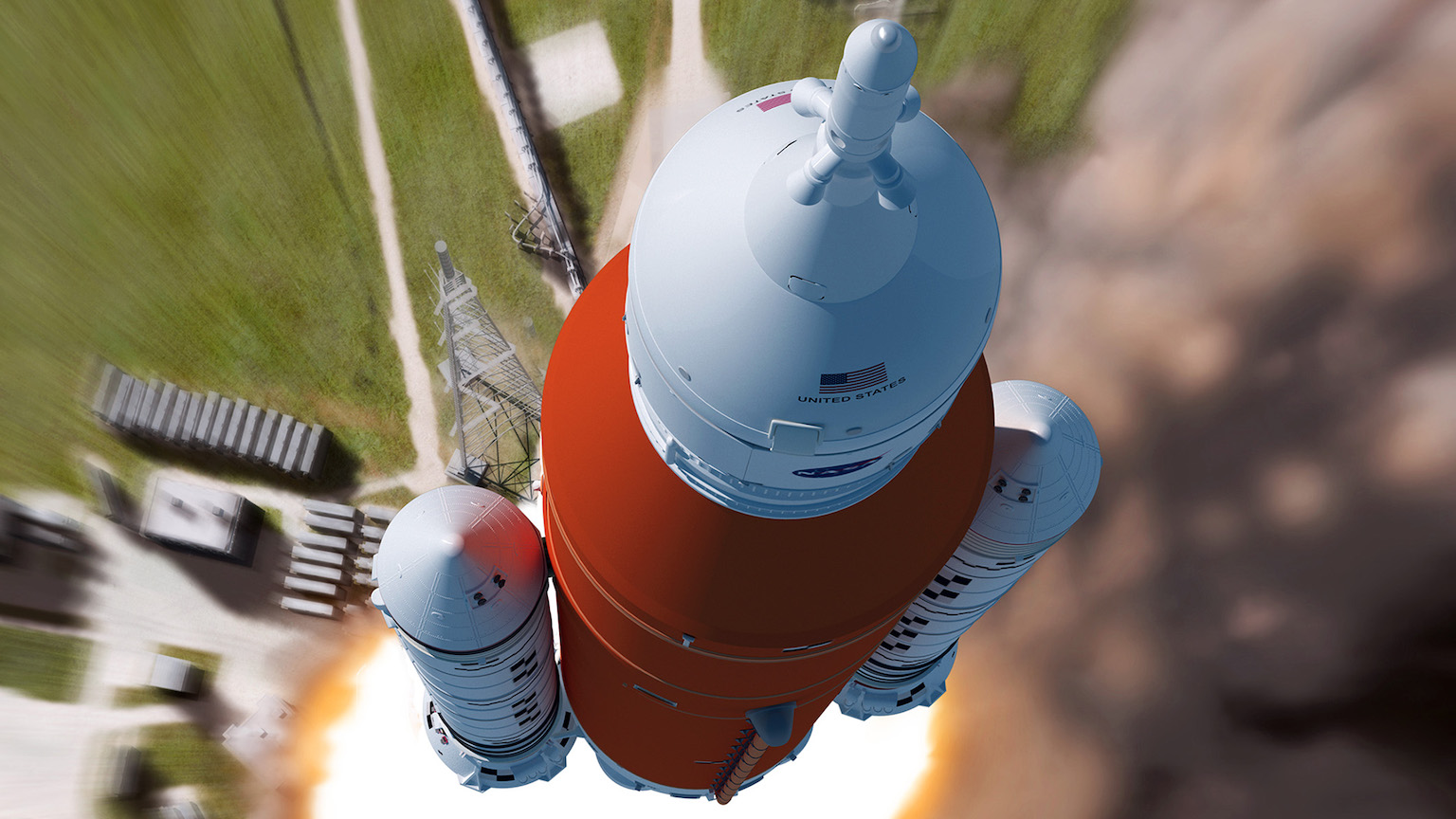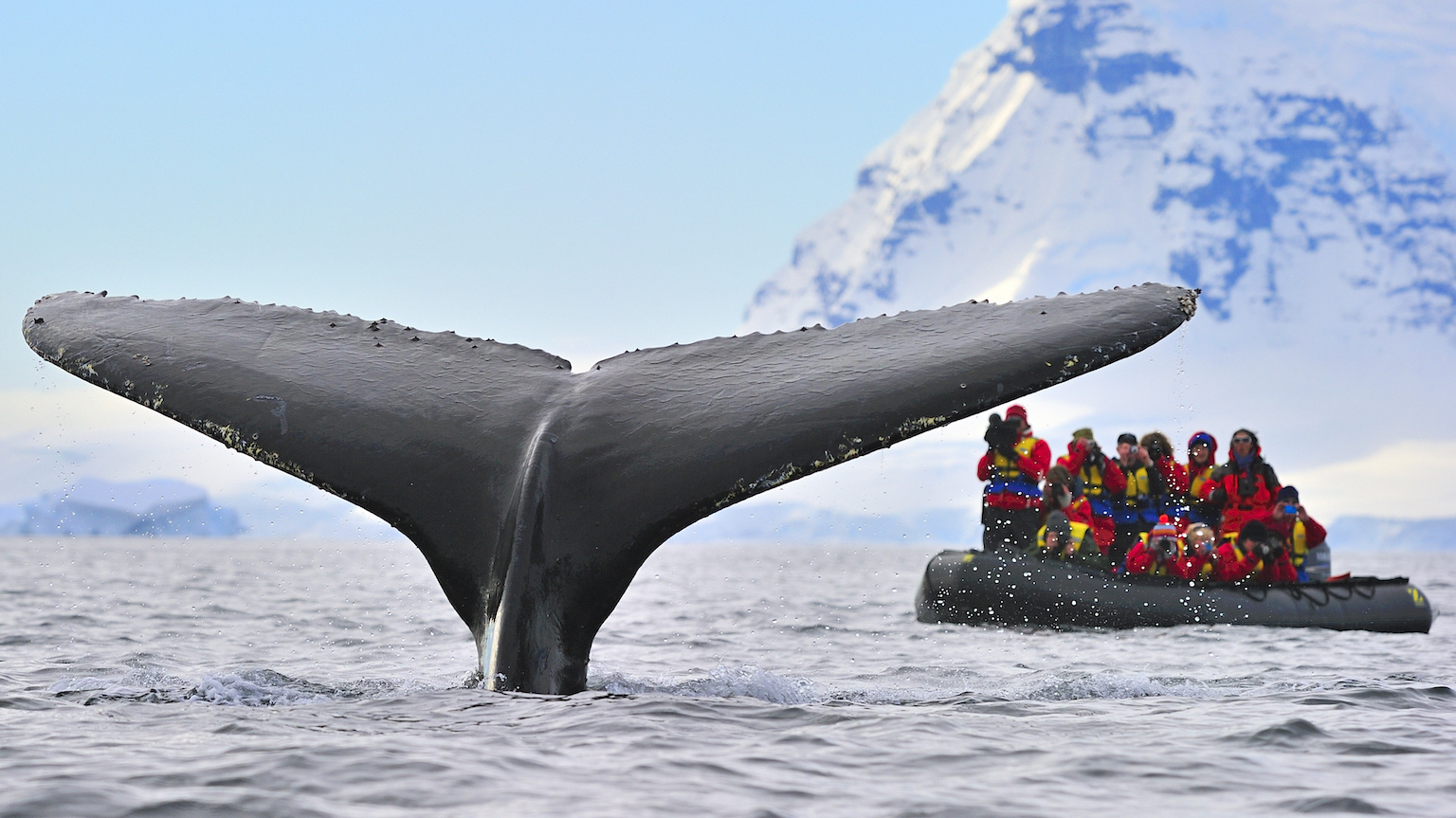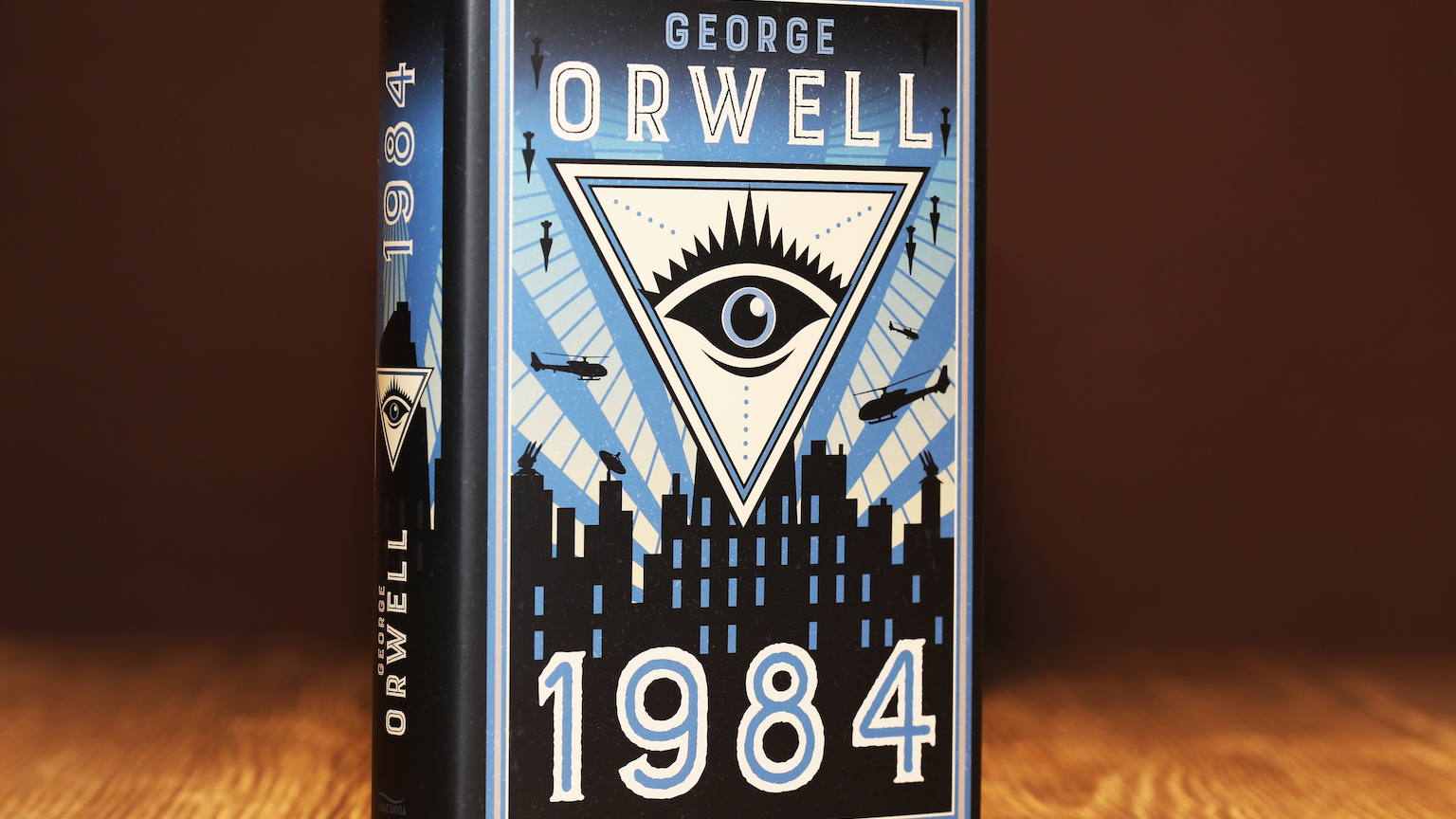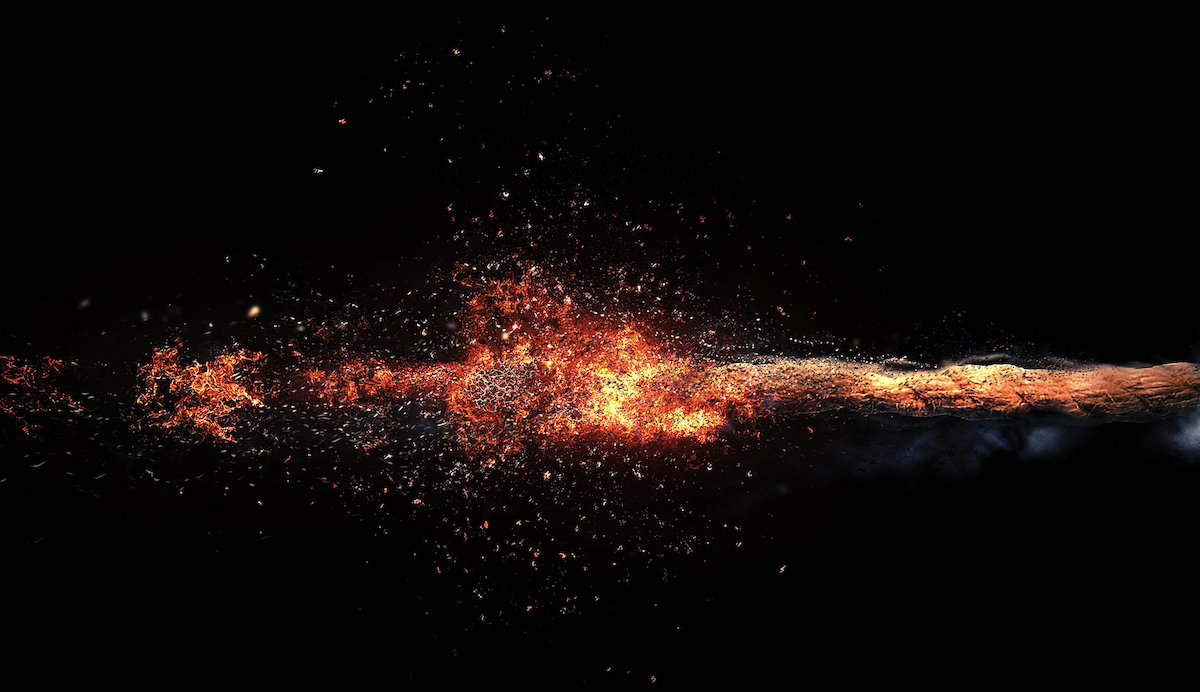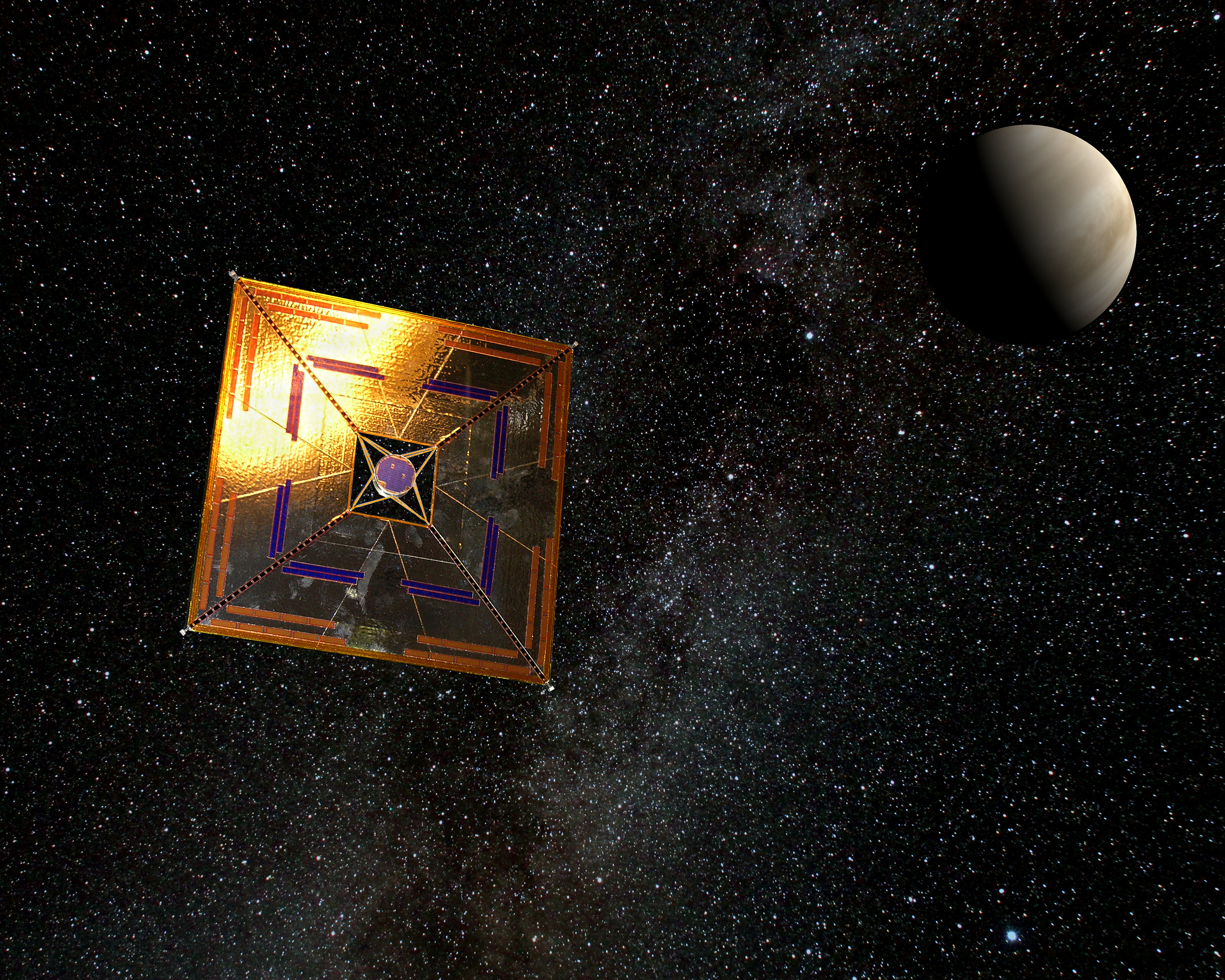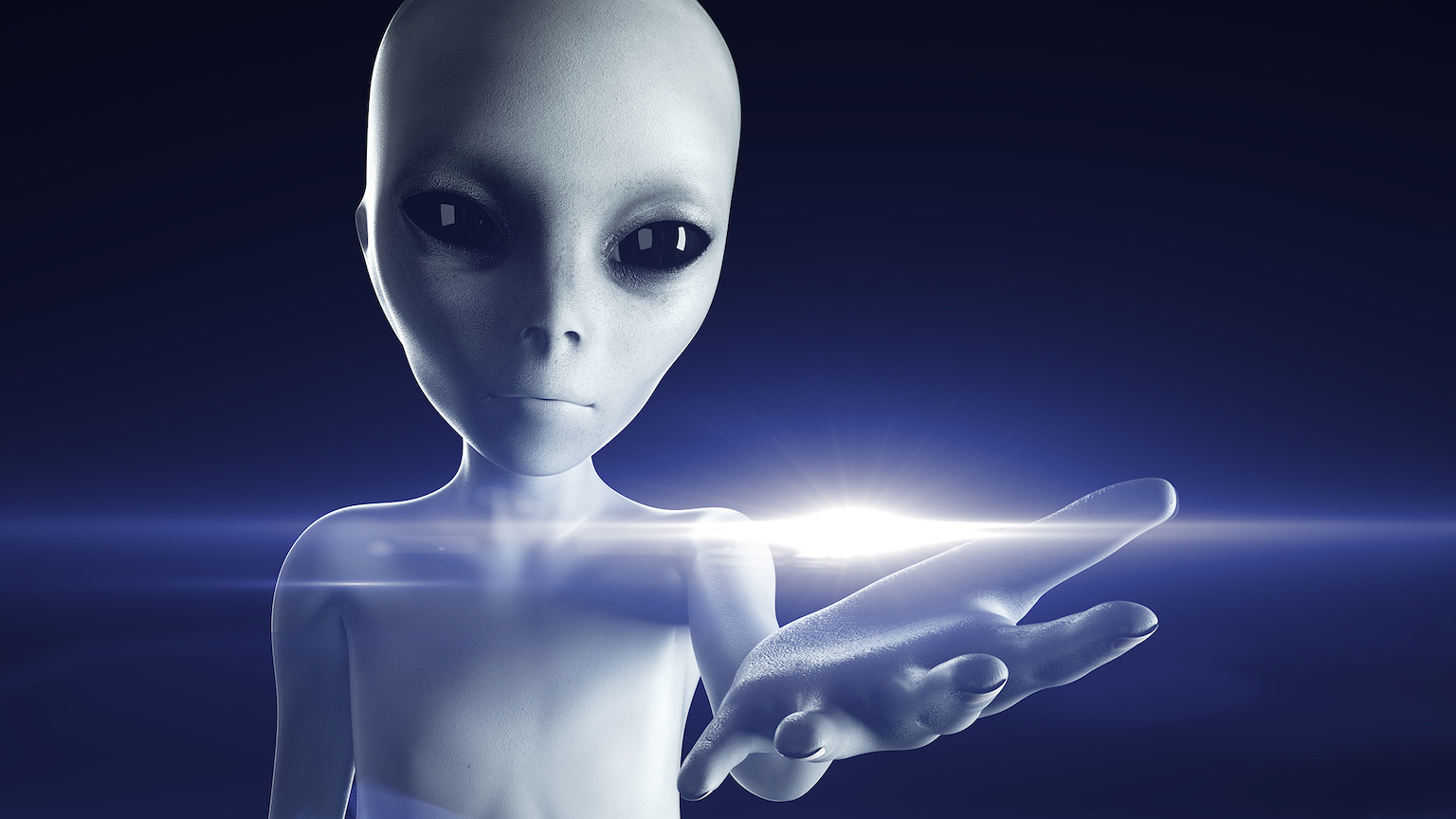The search for worlds outside our solar system has just turned up a planet, TOI-2257 b, with a truly extreme orbit.
We frequently say it’s 2.725 K: from the light left over all the way from the Big Bang. But that’s not all that’s in the Universe.
Death is the great and terrifying unknown, awaiting us all at the end of this life. Giving it a personality makes it easier to gaze upon.
We seem to have a “progression bias” that nudges us toward pro-relationship decisions and away from breaking up.
Maps can do more than show us places. They also can help determined people find others long lost, whether birth mothers or fugitive killers.
Even though no human has stepped foot on the Moon’s surface in 50 years, the evidence of our presence there remains unambiguous.
The James Webb Space Telescope finally could answer the age-old question of whether we are alone in the universe.
Frank Lloyd Wright captured serenity in his masterpiece, Fallingwater, but his egotistical tendencies made life for others anything but serene.
Unlike the first Roaring Twenties, these won’t end with a Great Depression.
There are two fundamentally different ways of measuring the Universe’s expansion. They disagree. “Early dark energy” might save us.
The Virtual Metaverse will be for gaming and other short duration uses, while the Augmented Metaverse will revolutionize society.
Humans seemingly have opposing desires to fit in and to be unique. The interplay between these might drive the evolution of fads.
Scientists used 3D scans to analyze the corpse of Amenhotep I. They discovered that his brain was never removed and that he was circumcised, among other curiosities.
The first supernova ever discovered through its X-rays has an enormously powerful engine at its core. It’s unlike anything ever seen.
The results of a recent study counter some common claims found in anti-immigration narratives.
Stem cell-derived chondrocytes could be the key to regenerating damaged cartilage.
Distinguishing fact from fiction can be tough, especially when it comes to people as controversial as Stalin.
The Solar System isn’t a vortex, but rather the sum of all our great cosmic motions. Here’s how we move through space.
This article was originally published on our sister site, Freethink. Fifteen volunteers in France just spent more than a month living in a cave — without any way to tell time — […]
Some stars burn through their fuel as expected, and die of natural causes. But others, instead, get murdered. Here’s their story.
Famished, not famous: retrace Orwell’s hunger days, when he was one of the city’s legion of poor foreigners.
Space missions in 2022 will include massive rockets and asteroid collisions. This is also the year space tourism starts to hit its stride.
Dating apps have made it easier than ever to find a partner. Paradoxically, the ease of finding matches means some remain perpetually single.
With around 5,000 summertime residents, increased tourism, and a warming planet, it is becoming difficult to protect Antarctica from invasion.
Treatments for depression have significantly improved since the 1980s. So why isn’t the rate of depression decreasing?
In Orwell’s dystopian novel, the government uses Newspeak to control thoughts by controlling language. But thoughts do not require language.
For some people, there is only one thing to live for. They commit their entire being to that thing. They are dangerous.
With advanced laser technology and an appropriate sail, we could accelerate objects to ~20% the speed of light. But would they survive?
Undiagnosed brain disease or divine inspiration? The origins of the French composer’s most provocative composition remain up for debate.
In movies and TV shows, aliens look like pointy-eared humans. Is this realistic? If evolution is predictable, then it very well might be.


